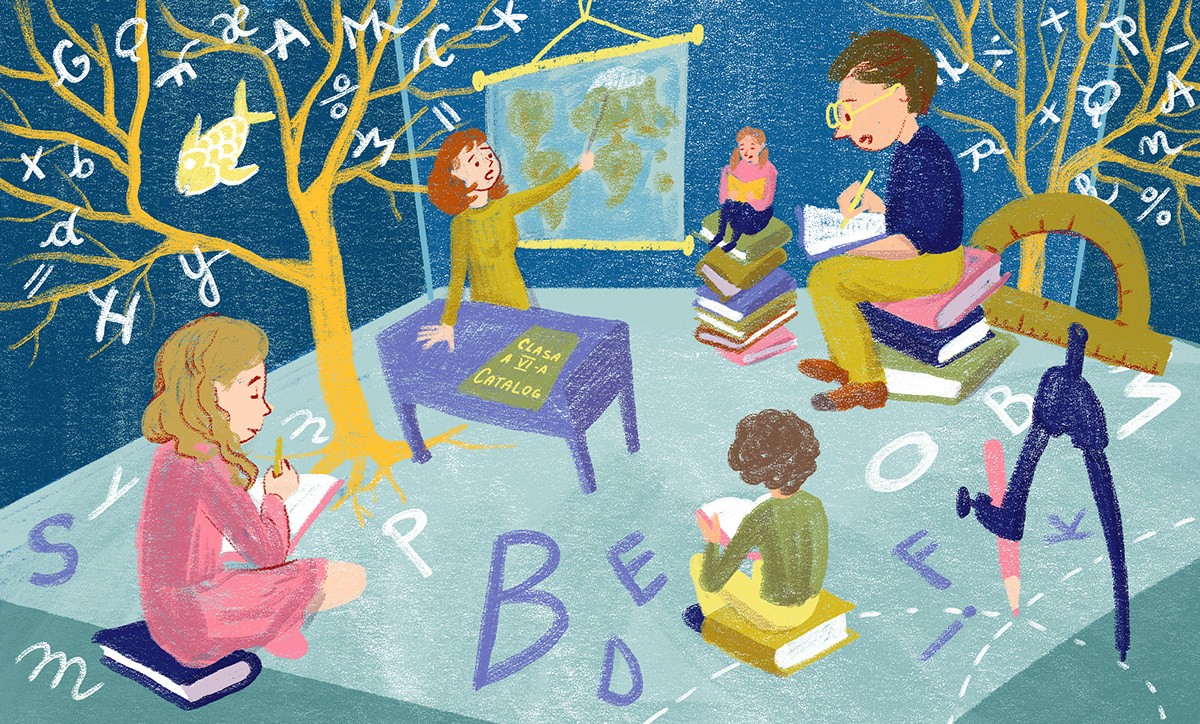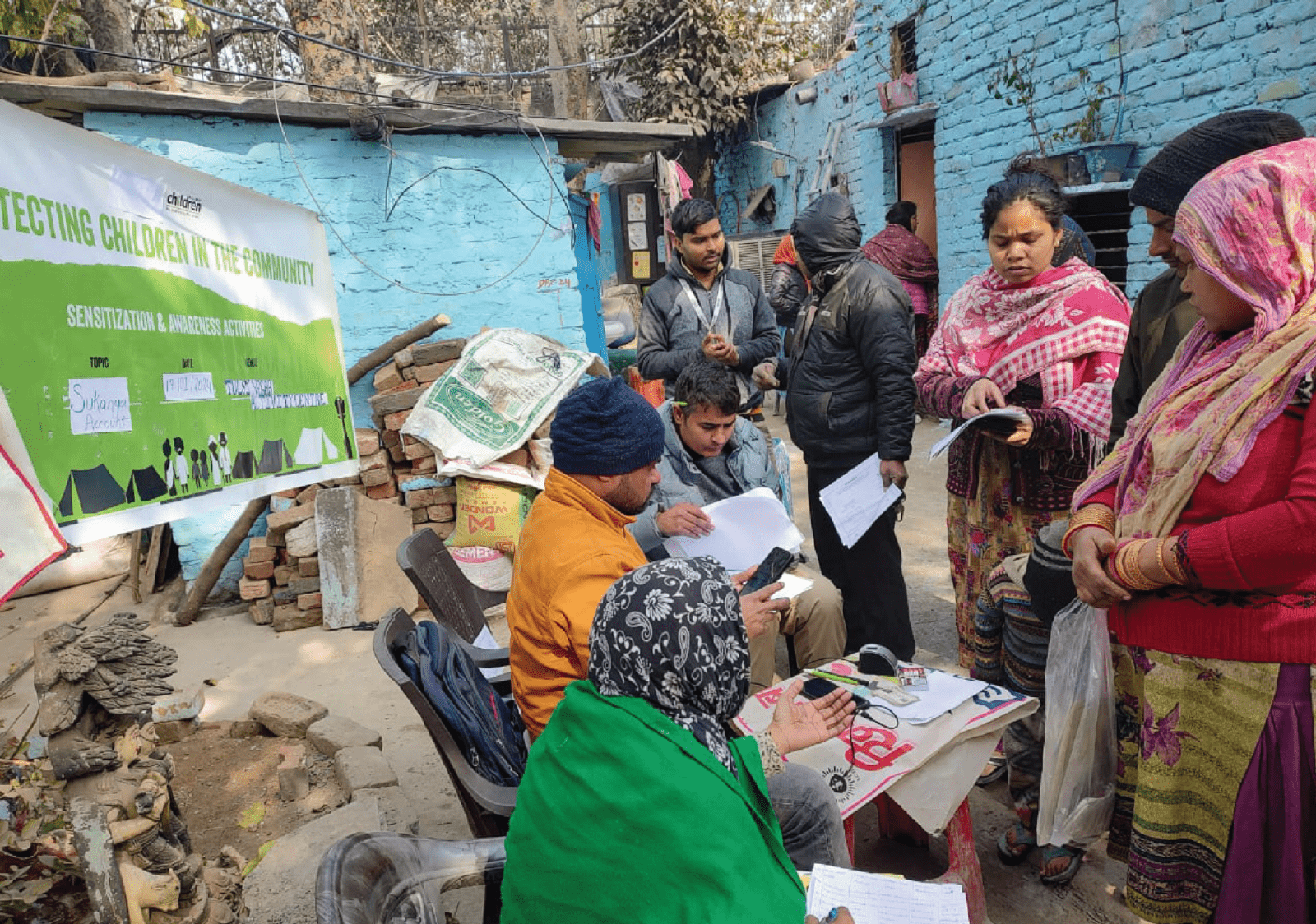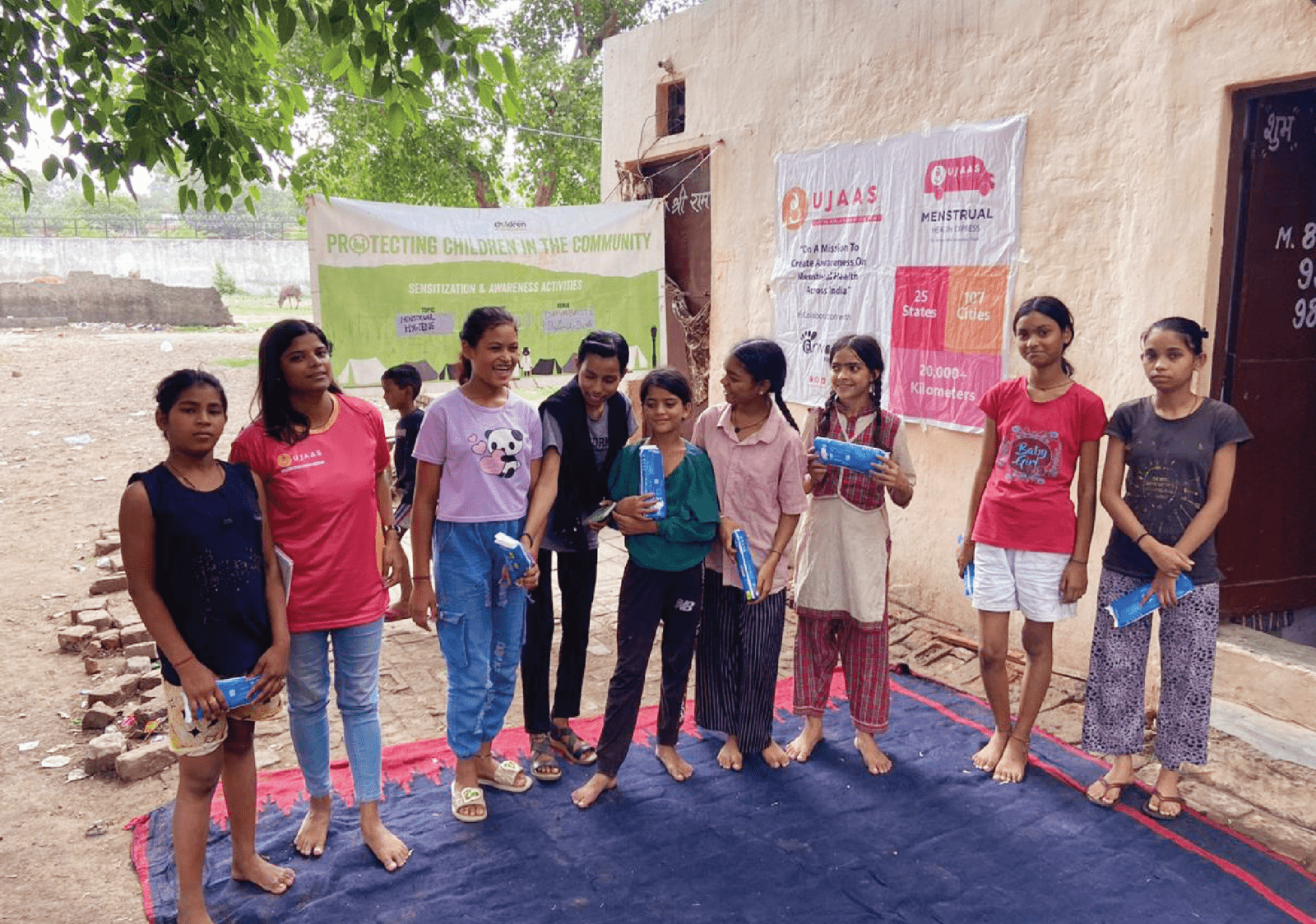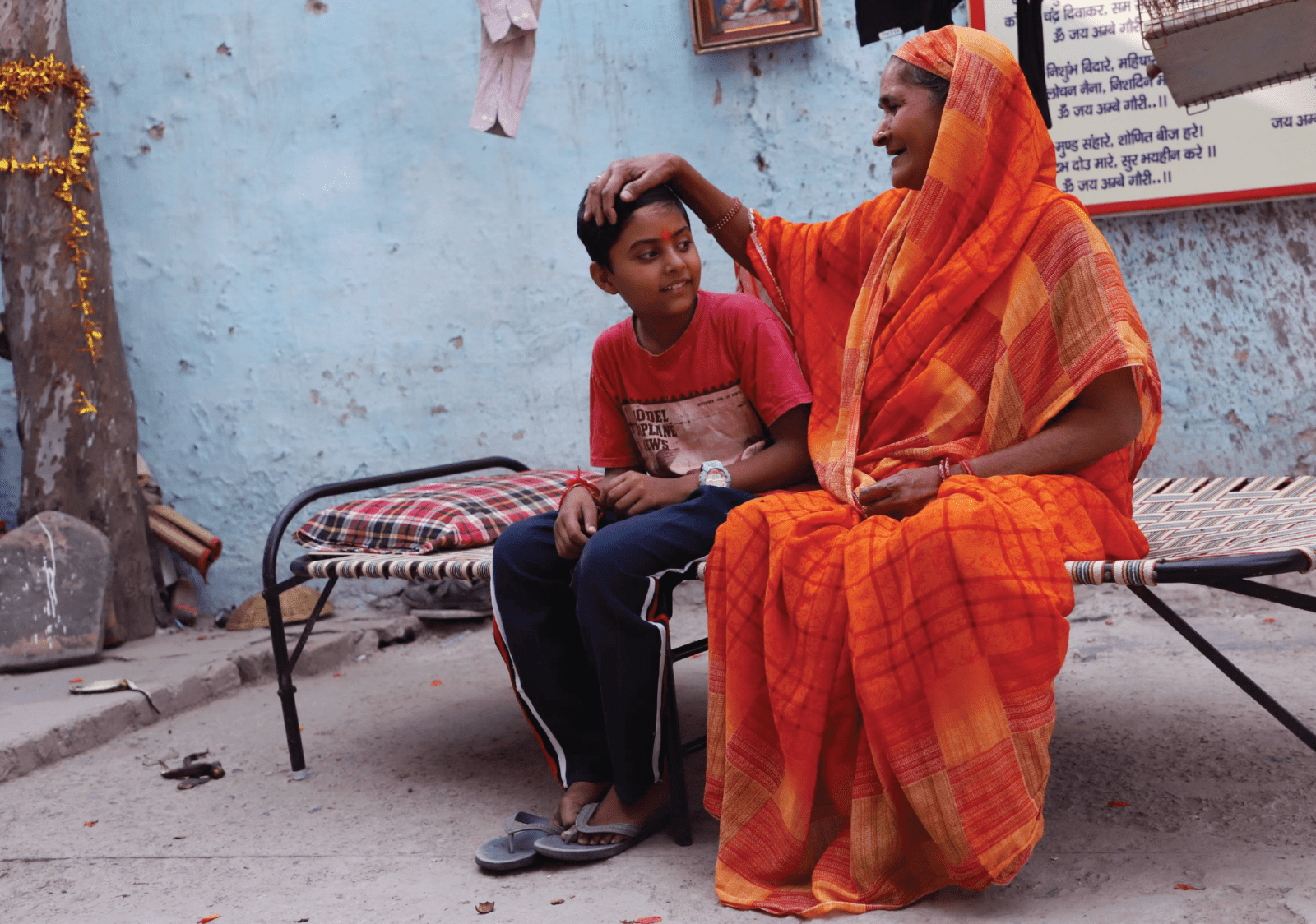Before we closed school in the middle of March 2020 in response to Government safety guidelines for Covid, I had already unlearned and relearned much of what I had assumed about working with children with disabilities. When you work with children who have a hearing impairment, or children with intellectual disabilities, and recognize the personality that each has, and how the disability is only one part of the child, there is a shame inside, for thinking differently all these years. And for the condescension that comes with statements like, she’s disabled but has such a beautiful singing voice! Or disabled children are so kind!
Learning how to work remotely with children with disabilities
During the first few weeks post lockdown, we were regularly in touch with the children – daily Whatsapp messages, videos, activities, conversations with parents, and individual child’s tracking sheet…these were all standard parts of our routine very quickly. Each conversation would start with, How are you today?
Hearing their voices
In April 2020, we worked with Praxis on a webinar where the speakers were children themselves and their parents. We saw how they kept themselves engaged doing craft. How some were really bored staying home. And how parents were genuinely struggling to manage their own insecurities around livelihoods and income along with the special care needed by a child with disability.
Dr Harish Shetty, summing up at the end of that session, said something that struck me as critical. He pointed out that children with disabilities are more impacted by the lack of physical activity i.e. playtime than children who do not have a disability. Although many – whether adults or children- have been bored, angry and irritable – for children with disabilities this is enhanced because they don’t have the scope to be in touch with their friends and peers in the way that others do. This results in a sense of ‘secondary isolation’.
Second, he pointed out that the luxury of time with children is not something that is an opportunity every parent can sieze. The surfeit of time feeds into the anxiety about livelihood. But significantly, for parents of children with disabilities, especially those who live in limited spaces with less than optimal light, ventilation and hygiene, this also puts them in touch with the day to day challenges of a child who is otherwise at school or out playing much of the day.
Exacerbated Challenges with the extended lockdown
Four months down the line, with little progress having been made on ‘opening up’ or on finding a way to live with the virus, we are seeing an increasing number of people who struggle with deep sadness, anxiety, dispiritedness and loneliness. Among children with disability there’s an increasing anxiety regarding the desire to come back to school. Our teachers report that with every call from them there’s hope and then disappointment so a call from school in a way increases their anxiety.
Additionally, still not having access to the comfort of relationships outside of the family that bring another kind of reassurance is a challenge. There is a sense of boredom and as a result of the difficulty that children with intellectual disabilities face with expressing themselves, this boredom gets manifested as stubbornness, sadness, anger and frustration.
For several children who had appeared for their Class X exams the anxiety is about the possibility of not being able to complete schooling, not knowing their Class X results. Several are worried that if this continues their parents will pull them out of school and send them to relatives that live in areas outside of Mumbai.
How can we be there for our children
At Save The Children India (STCI), we’re recommending three simple strategies to help children with disabilities to cope with these anxieties:
- Express: Encourage children to express through conversations with their friends on the phone, through Whatsapp messages to their class, through drawing/ painting/ singing/ dance. Conversations don’t have to be deep, in fact just the other way around – keep it light and focused on what they enjoy. For instance, if they’re playing a game on a device ask them about the game, whether they won or lost, whether they play with friends or on their own. Let the conversation remain about they like without judgement or the pressure of learning something
- Engage: When children are getting into a stubborn or difficult mood, try diverting their attention by engaging them with something. Tell them a joke, or a story for instance. Or when you’re cooking, show them how vegetables have to be cut in similar ways so they cook in the same time period. Perhaps have them do a guess game – take a large bottle and ask how many small cups of water can fit in there. Then have them actually fill the bottle cup by cup and see how accurate their guess what. Do similar guess activities asking how many leaves are on a particular plant or how many pairs of socks the child has.
- Enable: Help children participate in the household in a range of ways. Sometimes even the act of folding clothes, watering plants, filling water bottles…anything that becomes their responsibility, helps give a sense of routine and rhythm to the day which helps offset other uncertainties.
A note to ourselves
Most of all two simple things can help us all – child or adult, person with disability or able bodied.
- Think and speak about positive, constructive and beautiful things – the news, our concern and anxieties are all feeding our fears currently. It’s natural for all conversations to be about the virus, how no end seems in sight and how people we know and love are impacted. But even as that is one part of life there are other parts and we have to consciously give those parts importance and treasure them. In doing this, the conversations that children will hear will be more positive than anxious, and this will also help them be more settled
- Appreciate every small achievement. Again this is not just for children with disability. It’s about each of us – appreciate yourself. Celebrate your small victories. And those of the child. My colleague told me recently, “If your daughter wipes a spoon and puts it away, simply say to her, ‘Thank you! By doing that you’ve made it possible for me to work without worrying about a dripping spoon near the sink!’”
There is much that is outside our control. But perhaps if we recognize, appreciate, celebrate and reinforce those things that are, we can help each other get through and cope with the uncertainty better.
This article is written by Havovi Wadia, CEO of Save The Children India, where programming focuses on reaching children who tend to get left out due to multiple marginalisations, with inputs from Farida Bagasrawala, Director- Disability at STCI.







